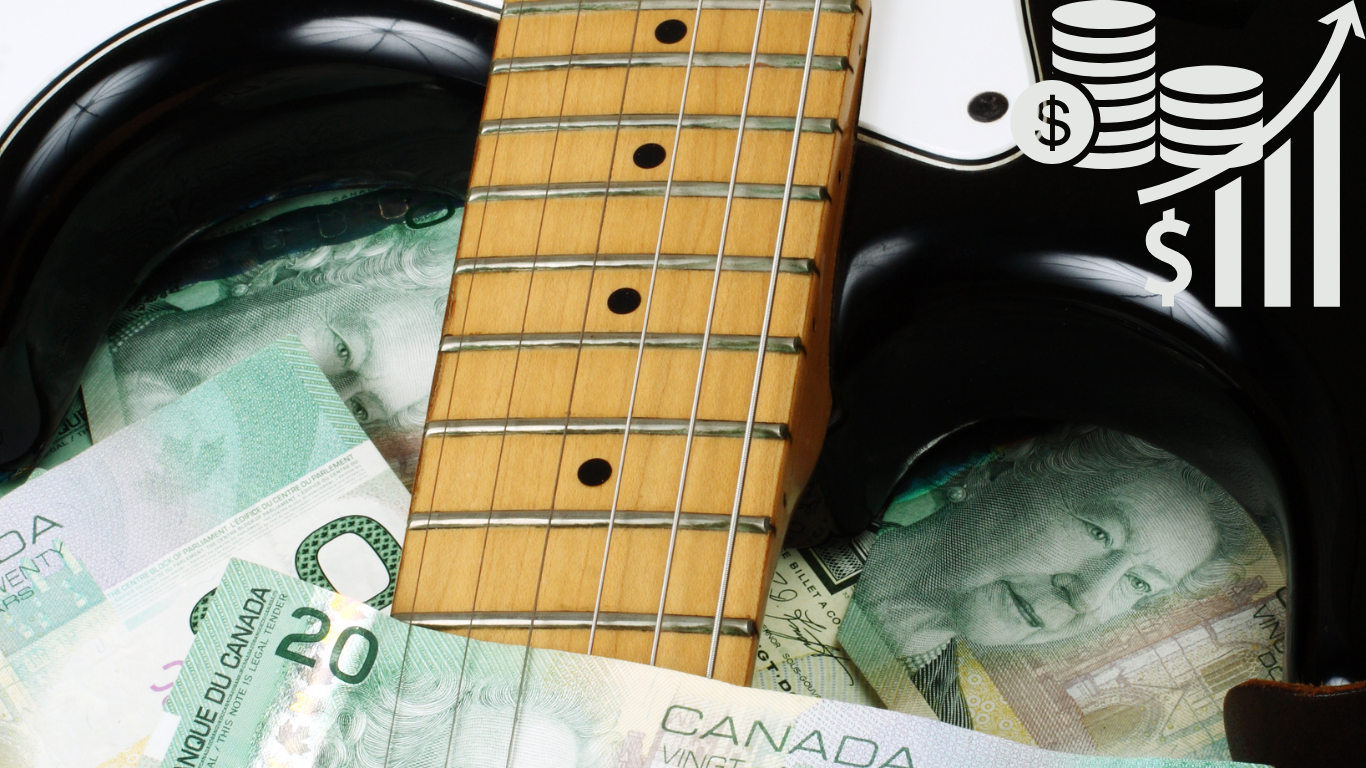Listeners:
Top listeners:
-
 play_arrow
play_arrow Cosoro Radio UK No.1 Afrobeats Music Radio Station in UK

The rise of streaming platforms like Spotify, Apple Music, and YouTube has revolutionized the music industry. While these platforms have made it easy for artists to share their music globally, they’ve also introduced significant challenges, particularly in terms of revenue generation. From popular Afrobeats stars to emerging talents, many artists are grappling with low streaming numbers, which are directly affecting their finances and sustainability in the music industry.
For artists, especially those just starting or those without a strong, dedicated fanbase, low streams often translate to meagre earnings. In a world where streaming services pay pennies per play, even millions of streams might not provide the financial cushion needed to sustain an artist’s career. As the battle for visibility intensifies, these challenges have led to financial strain, leaving many questioning the true value of streaming for musicians.
The Economics of Streaming: Why It’s Not As Profitable As It Seems
The financial structure of streaming platforms is complex and often frustrating for artists. Spotify, for example, pays rights holders between $0.003 and $0.005 per stream, which means that even a song with hundreds of thousands of plays might only earn an artist a small fraction of what they would traditionally earn through album sales. The numbers are staggering; an artist would need millions of streams to make enough money to live comfortably, let alone cover production and promotion costs.
This structure disproportionately affects smaller or independent artists, who often lack the resources to market their music effectively or reach a large audience. Even established stars are not immune, as the massive competition in the streaming ecosystem means that visibility is harder to attain without a major promotional push.
A Real-World Example: Afrobeats Artists and Their Struggles
The struggle is particularly evident in genres like Afrobeats, where talent is abundant, but the competition for streams is fierce. Artists like Lyta and others in the Nigerian music scene have openly expressed frustration with low streaming numbers. Lyta, for instance, recently revealed in a candid Instagram Live session that he was facing financial difficulties despite his musical success, citing low streaming figures as a major factor. The artist admitted that his limited revenue from streams left him in a difficult financial situation, forcing him to reconsider his future in music.
While Afrobeats has gained global recognition, many artists still struggle to convert their popularity into a sustainable income. The industry’s rapid growth has created an oversaturation of content, and breaking through the noise to get noticed on streaming platforms can be an uphill battle. This issue is not isolated to one region or genre, but it’s particularly pronounced for artists who rely heavily on streaming as their primary revenue source.
Impact on Artistic Freedom and Career Sustainability
The financial strain from low streaming numbers doesn’t just affect an artist’s wallet—it also impacts their creative freedom. With limited income from streams, artists often find themselves needing to focus on touring or taking up side gigs to stay afloat, which can take away from the time and energy required for song writing, recording, and producing music. For some, this creates a vicious cycle where they are forced to prioritize activities that generate immediate income over their passion for music.
In some cases, the pressure to meet financial needs can lead to burnout or force artists to stop making music altogether. The fear of low streams or being unable to sustain their career financially has even led some artists to contemplate leaving the music industry, just like Lyta threatened to do. For many, this represents a grim future where artistic integrity takes a backseat to financial survival.
What Needs to Change?
For the system to become more artist-friendly, there needs to be a re-evaluation of how revenue is distributed across streaming platforms. One potential solution is for platforms to adjust their pay out models to better reflect the actual value that an artist brings to their platform. Alternatively, more robust promotional tools and better algorithms could help emerging artists get the visibility they need to increase their streams.
Another suggestion gaining traction is a more direct relationship between fans and artists through platforms like Patreon or Bandcamp, where artists can receive direct support from their followers, bypassing the need for intermediary platforms altogether. This would allow fans to play a larger role in sustaining the careers of the artists they love.
Conclusion: The Future of Music and Artist Sustainability
The financial struggle faced by artists due to low streaming numbers highlights a major flaw in the music industry’s digital transformation. While streaming has undoubtedly made music more accessible, it has also created an environment where artists are forced to compete in a crowded market with limited financial reward.
For the sake of both established and emerging artists, there needs to be a paradigm shift that prioritizes fair compensation, sustainable career development, and better opportunities for visibility. Until this happens, many artists will continue to face financial hardship, leaving their futures in the industry uncertain. Fans, too, play an important role—by supporting artists in tangible ways, they can help ensure that the music industry remains a space where creativity and artistic integrity are valued above all else.
Written by: Adedoyin Adedara
Similar posts
Recent Comments
No comments to show.
Copyright © 2025 Cosoro Radio | All rights reserved













Post comments (0)